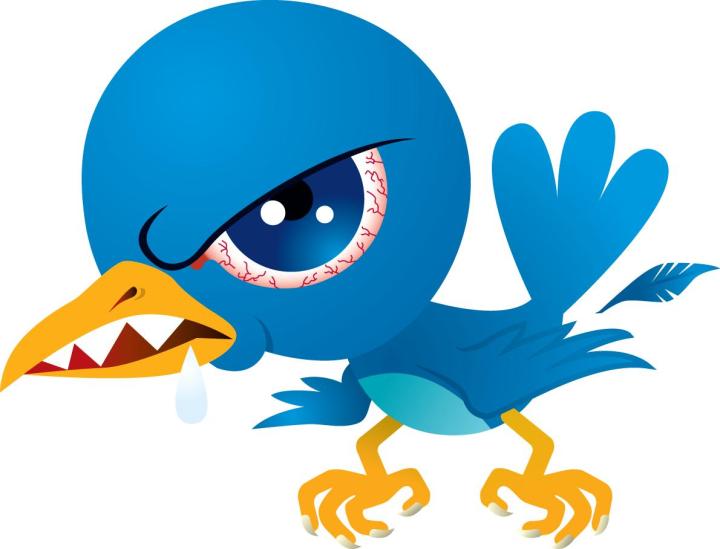
If you want to get retweeted, sound like an angry crank. That’s the lesson of a newly released study (pdf) by researchers at China’s Beihang University, which investigated how messages containing different emotions spread on social networks.
In 2010, computer science researcher Rui Fan and his team collected 70 million “tweets” from 200,000 users of Sina Weibo, a Twitter-like social network popular in China. (In fact, Weibo has roughly twice the number of users as Twitter does, some 500 million.) The researchers then mapped the connections between users to identify those with strong ties. Users who interacted at least 30 times during the test period were included in the study, while all others were discarded.
Using emoticons as their guide, the researchers then separated tweets into four categories of emotions: Anger, joy, sadness, and disgust. Previous similar studies, the researchers note, have only divided messages into two categories, positive and negative, which they believe provides limited usefulness in ascertaining the spread of sentiment among an online community.
Lastly, Rui and his team looked into how tweets containing certain emotions spread from one user to the next. If, for example, User A sent out a “sad” tweet, the team would look to see if any connected users would respond with a sad tweet of their own, and how far that spread would go.
Surprisingly to the researchers, the spread of sadness and disgust among Weibo users was “trivial.” Joyful tweets had more influence on other users. But anger – well, that was the most viral emotion of all.
“Our results show that anger is more influential than other emotions like joy, which indicates that the angry tweets can spread quickly and broadly in the network,” the researchers wrote. “While out of our expectation, the correlation of sadness is low.”
Angry tweets caused a ripple of more angry tweets up to three degrees of separation from the original irate message, the researchers found. The spread of anger was particularly high when the rage originated from a user with a large follower base.
Rui’s team believes that their findings may explain the spread of societal unrest in China, especially where social and political problems are concerned. “Through keywords and topics mining in retweeted angry tweets, we find the public opinion toward social problems and diplomatic issues are always angry,” say the researchers.
Maybe next time Rui will focus his research on reactions to Miley Cyrus. Do that, and we’d guess that disgust would get a major boost.


